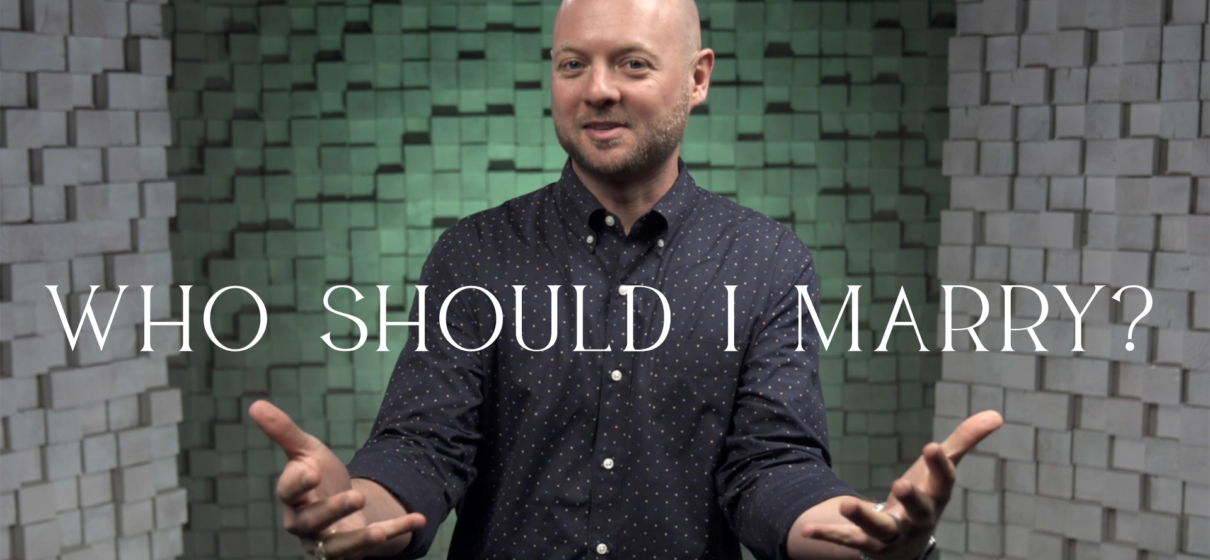When I stood starry-eyed across from my husband on our wedding day, I never imagined a day when I’d stand teary-eyed across from him and say, “I give you permission to leave me.”
But that day came, and I remember it vividly.
I stood up carefully from the glider nestled in the corner of my bedroom so as not to wake the infant whose eyes had finally succumbed to sleep. She was our second daughter, and in stark contrast to our first, every moment of rest was cherished because each was hard-fought.
Ever so gently, I carefully placed her in her crib and let out a sigh that, had anyone been around to hear, would’ve given away my best-kept secret: I was not okay.
On most days, I would have slid into the shower and washed away the evidence of my invisible struggle. I would have traded my three-day-old tear-soaked t-shirt for a fresh one and concealed my swollen eyes. I would have told my friends that I was doing great. And they would have believed me.
But not on this day.
This day came long after the “baby blues” were supposed to have subsided.
In the beginning, I clung to the idea that this was temporary and that I’d get back to feeling like myself soon. But hard days turned into tough weeks. I let my husband in on how I was feeling, then the tough weeks turned into difficult months. And the difficult months just kept coming. On the hardest days, between ashamed sobs, I’d whisper things like, “It’s not a good idea to leave me alone today,” or, “It’s not safe to leave me with the girls today.”
Eventually, even the hope of getting back to feeling normal waned.
I had always been a high achiever, exceeding my goals and others’ expectations in the process. But now I felt like I had nothing of value to offer. My husband was managing our business, supporting our team, providing for our family, and caring for our daughters and me.
I felt like a burden.
I saw marriage as a partnership that requires give-and-take. But I couldn’t contribute, making our relationship unfair and one-sided. I feared the inevitable toll my fight with postpartum depression was taking on our marriage, and couldn’t help but think:
How can I be loved if I have nothing to offer?
With the unrelenting thought that our marriage had become too unfair a burden for my husband, I quietly snuck out of the bedroom where our infant was finally sleeping and approached my husband in the next room. I looked him in the eyes and said soberly, “I give you permission to leave. I’m not the person you married anymore, and I don’t know if she’ll ever be back.”
I will never forget the way he responded.
He looked back into my eyes, hugged me tight, and said, “There’s absolutely no way. I’m not going anywhere.”
The conviction in his voice shocked me. I could tell that not only did he mean it, but leaving had never crossed his mind.
He would stay because he loved me, not what I had to offer.
He would stay because his love was steadfast and faithful, not fickle.
He would stay because he delighted in caring for me, he wasn’t burdened by it.
He would stay because he loved me sacrificially, not on a search for what was in it for him.
That’s the kind of love God designed marriage to reflect because that’s the kind of love Christ has for the Church.
We have nothing of value to offer the self-sufficient God of the universe. We cannot perform well enough or do enough good things to earn his love.
Yet he loves us, not what we have to offer.
We’re short-sighted and stubborn. We wander away from God to chase self-importance and short-term pleasures. When we mess up in great ways and fear that he’ll abandon us, his love answers, There’s absolutely no way. I’m not going anywhere.
His love is steadfast and faithful, even when we’re not.
We’re vulnerable. In this life, we’ll face suffering, grief, and injustice. We’ll mourn, and need, and get in over our heads. But when we cry out in desperation, God hears our cries with compassion.
He delights in caring for us and carries our burdens.
In the gospel, the sacrificial love of God is on full display. Philippians 2:5b-8 says it best:
“…Christ Jesus, who, though he was in the form of God, did not count equality with God a thing to be grasped, but emptied himself, by taking the form of a servant, being born in the likeness of men. And being found in human form, he humbled himself by becoming obedient to the point of death, even death on a cross.”
He loves us so sacrificially, he willingly laid down his life to give us eternal life.
Marriage matters because we adorn the gospel in the way we love, and are loved by, one another. May we love each other faithfully, and sacrificially, and delight in doing so. And may we rest in the love of our Savior who needs nothing from us.










